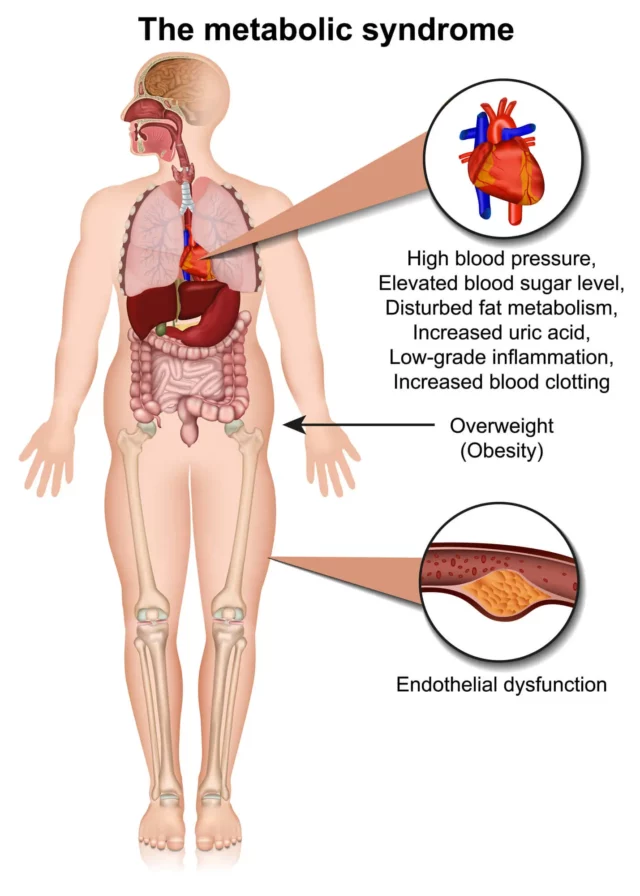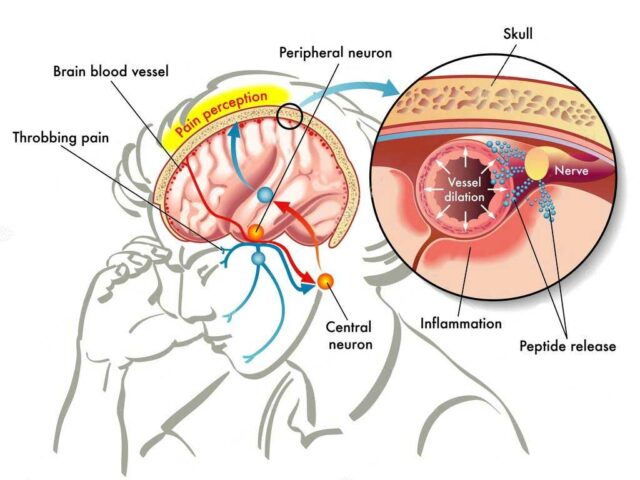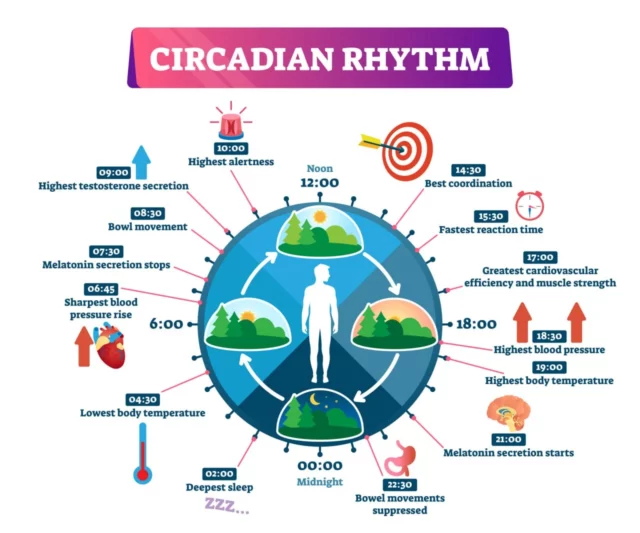Feeling exhausted after a long day at work or experiencing sleepiness after traveling is normal and expected. However, these feelings of tiredness or weakness should not last longer than a few hours or days.
When fatigue is persistent or accompanied by nausea and digestive problems, it may indicate a more serious underlying condition that can become debilitating and interfere with your life and health over time.
At NextPain Care, we understand how uncomfortable symptoms like nausea, tiredness, and weakness can affect your daily life. Our approach to treatment is guided by trusted authorities such as the WHO and AMA, ensuring you receive the best care possible. We focus on fundamental, minimally invasive techniques that address the psychological, physical, and lifestyle factors contributing to your symptoms.
Our compassionate three-level system offers a comprehensive care plan, starting with conservative treatments and advancing to more specialized options if needed. By targeting the root causes of your discomfort, we aim to help you rebuild the foundations of long-term health.
Explore more in the guide below.
The Impact Of Chronic Tiredness And Weakness On Health
Fatigue and weakness describe a condition characterized by constant sleepiness and low energy levels. Nausea, often accompanying this condition, is the sensation of feeling sick, uneasy, or queasy. While vomiting may not always occur, nausea can complicate the situation in some instances.
Fatigue is estimated to affect between 30 and 50% of adults at some point in their lives. It can be acute, lasting a month or less, or chronic, persisting for over six months. Acute fatigue typically resolves after a period of rest, but chronic fatigue and weakness can be long-term conditions that hinder daily activities.
Chronic tiredness, weakness, and nausea can arise from various causes and, if unaddressed, can lead to a decline in overall health. Chronic fatigue can negatively impact mental health, reduce productivity levels, promote a sedentary lifestyle, and hinder independent living.
Additionally, feelings of depression, decreased physical activity, and stress related to work or finances can exacerbate the symptoms.
Accurately diagnosing the medical conditions or lifestyle factors contributing to your fatigue can help you find an effective treatment program.
Potential Causes Of Nausea And Weakness
According to a 2013 study, diagnosing and treating chronic fatigue remains challenging. This difficulty arises because the condition is non-specific and has many possible causes, often leading it to be overlooked by healthcare providers.
However, if you are experiencing persistent tiredness, weakness, or nausea, it is crucial not to underestimate your symptoms. Ignoring them may allow a serious underlying condition to go untreated, which can lead to worsening symptoms and expose you to severe health complications.
In the following sections, we will explore some of the medical conditions and diseases that could be causing your symptoms.
Metabolic Dysfunction
Chronic weakness and nausea may be linked to metabolic dysfunction. Metabolism encompasses all the processes and chemical reactions that enable the body to break down nutrients to produce energy.
These metabolic processes involve converting the proteins, carbohydrates, and fats from your food into acids and sugars, which serve as the body’s primary fuel sources. The energy generated during metabolism is either used immediately to support bodily functions, such as maintaining body temperature and enabling muscle contraction and relaxation, or stored for future use.
Metabolic processes can be disrupted by abnormal chemical reactions or diseased organs, which prevent the proper breakdown or transformation of nutrients into energy. When this happens, a range of health issues may arise, including:
- Elevated blood pressure
- Increased blood glucose levels
- High triglyceride levels in the blood
- Excess fat around the waistline
These issues, in turn, heighten the risk of developing cardiovascular disease, diabetes, and heart failure. Additionally, the inability of the body to process essential nutrients can lead to chronic fatigue, digestive problems, and low energy levels. Since metabolic dysfunction was first identified in the 1980s, the prevalence of metabolic disorders has increased by 35%, alongside the rising rates of diabetes and obesity.
Chronic Fatigue Syndrome
Chronic fatigue, officially known as myalgic encephalomyelitis/chronic fatigue syndrome (ME/CFS), is a severe and life-limiting condition characterized by profound tiredness, increased sensitivity to pain, dizziness, headaches, muscle weakness, mood swings, and difficulty concentrating.
When dealing with this condition, the symptoms do not improve with bed rest and can worsen after periods of excessive mental or physical activity, a complication known as post-exertional malaise (PEM).
In most cases, CFS is a long-lasting condition that persists for months or even years, and it can be so severe that it confines a person to bed. Although it has been observed that women and middle-aged individuals are at higher risk of developing CFS, the causes of this condition remain unknown. According to the CDC, it is estimated that between 836,000 and 2.5 million Americans suffer from ME/CFS, and 90% of those with this condition have not been properly diagnosed.
Irritable Bowel Syndrome
Irritable bowel syndrome (IBS) is a disorder that impacts the gastrointestinal tract, which includes the stomach and intestines. IBS is considered a functional gastrointestinal disorder, meaning it results from problems in the interaction between the gut and the brain.
Common symptoms of IBS include abdominal cramps, bloating, changes in bowel movement patterns, and digestive issues such as constipation and diarrhea.
In more severe instances, IBS can cause significant symptoms like weight loss, rectal bleeding, nausea, unexplained vomiting, pain, and nutritional deficiencies, including iron deficiency. These issues arise because IBS disrupts the normal digestion and absorption of nutrients, leading to persistent fatigue and weakness.
Symptoms of IBS can fluctuate, lasting from a few days to several months. While many people experience mild symptoms that can be managed with lifestyle changes, dietary adjustments, and stress reduction, some cases may require medications and counseling as recommended by healthcare providers. If not properly addressed, IBS can become a chronic condition necessitating long-term management strategies.
Migraines
While migraines are often classified as headaches, they are much more complex, involving more than just pain in the face and head. Migraines are actually neurological disorders that result from changes in the brain’s chemicals and pathways.
These changes cause certain brain cells to react abnormally to various stimuli, leading them to misfire. This abnormal wave of activity disrupts the regular blood flow to the brain, impacting the nerves in the central nervous system and causing intense pain.
Because migraines are more than just simple headaches, the symptoms they cause are serious and debilitating. Patients often experience severe pain on one side of the face, along with extreme fatigue and heightened sensitivity to light, smells, and sounds. Cognitive abilities may also temporarily decline.
Nausea and vomiting are not universal symptoms for all migraine sufferers but occur in nearly 30% of migraine attacks. The exact reason why migraines cause nausea and vomiting is not well understood, but it is believed to be linked to the activation of brain structures involved in the vomiting reflex.
Gastroenteritis
Gastroenteritis, commonly known as the “stomach flu,” is an infection caused by bacteria or viruses that disrupt the normal function of the digestive system. This condition leads to symptoms such as nausea, diarrhea, vomiting, stomach pain, and cramping. Additionally, it can cause headaches, fever, and fatigue.
Because gastroenteritis often results in vomiting and diarrhea, it can lead to severe dehydration, characterized by dry skin, dry mouth, and extreme thirst. While more prevalent among children, gastroenteritis affects nearly 180 million people worldwide each year. The most common causes are viral infections, particularly from rotavirus and norovirus.
Hormone Imbalances
Hormones are chemical messengers that communicate with the body’s tissues, such as organs and muscles, to regulate critical functions and processes. These include:
- Metabolism
- Mood
- Growth
- Development
- Sexual function
- Reproduction
- Circadian rhythm (sleep-wake cycle)
When the function of these messenger chemicals is disrupted, you may experience symptoms such as metabolic problems, digestive issues, impaired development, infertility, sexual dysfunction, and changes in mood and sleep patterns.
Specifically, chronic fatigue, weakness, and nausea can develop if the hormones regulating the body’s metabolism are not functioning correctly. This disruption can interfere with your body’s ability to digest food, break down nutrients, and produce energy.
Some hormonal imbalances that can lead to chronic tiredness include:
- Thyroid hormones
- Estrogen
- Progesterone
- Insulin
- Cortisol
- Ghrelin
In severe cases, hormonal imbalances can cause symptoms such as a slow or rapid heartbeat, unexplained weight changes, numbness in the hands or feet, high cholesterol levels, and mental health issues like anxiety and depression.
Risk Contributors
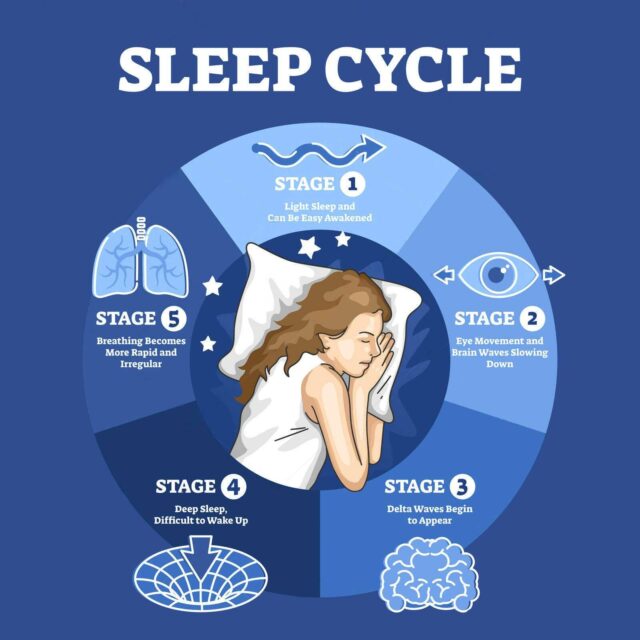
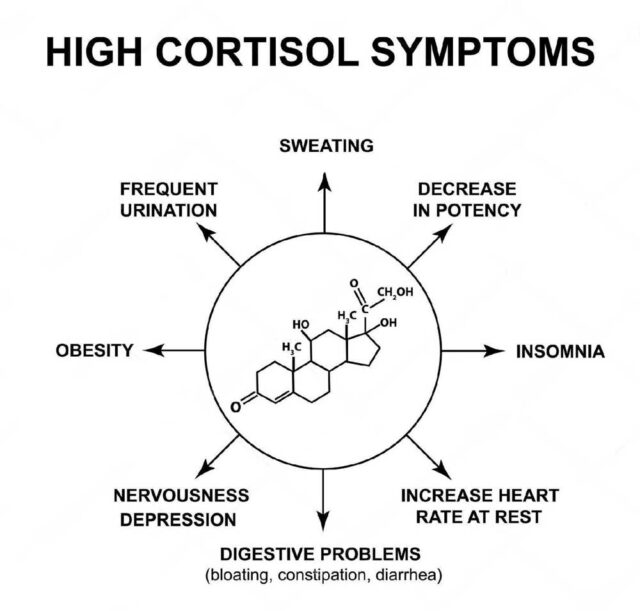
-
- Physical effects of grief: While grief is primarily viewed as an emotional state, it can also lead to physical symptoms, particularly grief-induced exhaustion. This condition can result in profound tiredness, sleepiness, and disruptions in sleep, which can further deplete your daytime energy levels.
- Anxiety: Anxiety disorders often lead to severe fatigue following an anxiety episode due to the hormonal surge that accompanies feelings of fear or panic. This post-anxiety exhaustion can be overwhelming. Moreover, those with anxiety are at a higher risk for other fatigue-related conditions, including chronic stress, depression, and panic disorders.
Depression and fatigue: Depression not only brings about feelings of hopelessness, anxiety, and sadness but also a loss of interest in daily activities. These symptoms can lead to “depression fatigue,” a state characterized by persistent tiredness and low energy, significantly affecting one’s quality of life.
When Nausea And Fatigue Require Medical Attention
Feeling tired or weak for a few days is common and usually manageable, especially after physical exertion or mental stress. However, persistent fatigue and nausea can sometimes signal a more serious health issue.
Here, we outline symptoms linked to fatigue and nausea that may need professional medical evaluation:
- Breathing difficulties: Experiencing shortness of breath along with fatigue might indicate issues with your lungs or heart, or other conditions such as allergies, asthma, infections, or cancer.
- Chest pain: Chest pain that spreads to your arms, neck, jaw, or back can be a sign of heart-related issues like angina or a heart attack. It might also indicate infections of the heart lining, known as pericarditis.
- Severe headache: If you experience a sudden and severe headache, especially with light sensitivity or muscle pain, or following a head injury, seek medical help. This could point to conditions such as a traumatic brain injury, stroke, brain tumor, or infections like meningitis.
- Persistent fever: A fever combined with body aches and headaches often signals an infection. Night sweats and swollen lymph nodes also suggest you might need medical care.
- Self-harm thoughts: Thoughts of self-harm or persistent depression are serious and require immediate medical attention. Fatigue in this context may be a sign of depression or other mental health disorders.
- Jaundice: Yellowing of the skin or eyes, especially with fatigue, fever, and abdominal pain, might indicate serious liver conditions like hepatitis, liver disease, or genetic disorders such as hemochromatosis.
- Slurred speech: Slurred speech, often associated with facial paralysis, could indicate neurological disorders like multiple sclerosis. It can also be caused by infections or certain medications.
- Prolonged confusion: Extended periods of confusion, brain fog, or difficulty concentrating might stem from high stress but could also indicate concussion, severe dehydration, infection, stroke, or seizures.
- Abnormal eye movements: While usually caused by visual fatigue, abnormal eye movements can signal neuromuscular disorders such as Parkinson’s disease or multiple sclerosis.
In addition to these symptoms, seek immediate medical attention if you have:
- Persistent vomiting for over two days
- Diarrhea lasting more than a week or bloody diarrhea
- Vomited blood
- A swollen or painful stomach, particularly if pregnant
- Unexpected weight loss
- Symptoms that persist and affect your daily life
Conventional Treatment Options
Addressing nausea, weakness, and fatigue can be complex due to the various causes and symptoms. Healthcare providers typically recommend one of two treatment paths based on symptom severity:
Home Remedies
For those experiencing long-term fatigue, nausea, and weakness, home remedies are often the first line of treatment. Common methods include:
- Hydration: Staying hydrated is crucial for managing fatigue. Drinking clear liquids helps alleviate nausea and counters dehydration effects from diarrhea or vomiting. Additionally, proper hydration aids digestion and nutrient absorption, essential for energy and overall health. Cells require adequate hydration to produce energy efficiently.
- Moderate exercise: Engaging in moderate exercise (rather than exhaustive physical activity) can combat tiredness. It enhances blood and oxygen circulation, providing an immediate energy boost. Physical activity also triggers the release of endorphins, the body’s natural painkillers, and reduces stress hormone levels. Over time, better conditioning and stronger muscles help maintain energy levels for daily activities.
- Healthy habits: Limiting caffeine, alcohol, and stimulants, maintaining daily physical activity, eating a balanced diet, and managing stress contribute to overall health and energy.
- Adequate sleep: Aim for seven to nine hours of sleep each night. Establishing a consistent bedtime routine and creating a sleep-friendly environment can enhance daytime energy and alertness.
Medications
For more severe symptoms, a healthcare provider may recommend pharmaceutical treatments tailored to the underlying condition. Possible medications include:
- Pain relievers and non-steroidal anti-inflammatory drugs (NSAIDs)
- Anti-seizure medications
- Antidepressants
- Insulin for blood sugar and diabetes management
- Medications for lowering blood pressure, blood triglycerides, or cholesterol
- Sleep medications like Lunesta and Sonata
- Muscle relaxants
- Hormone therapies for imbalances
How We Manage Pain From Nausea, Weakness, And Fatigue
Conditions We Treat

Chronic Migraines And Headache Pain Treatment
Chronic migraines and headaches can lead to severe pain, blurred vision, and fatigue. Experiencing these symptoms regularly can be debilitating and significantly impact your quality of life. At NextPain Care, our pain management approach is designed to reduce...
Why Ignoring Symptoms Can Be Harmful
Persistent nausea, weakness, and fatigue are not normal parts of life. Ignoring these symptoms and leaving them untreated can lead to serious, life-limiting complications.
Here’s why it’s important to seek an accurate diagnosis and an effective treatment plan when dealing with chronic tiredness.
Nutrient Deficiency
Metabolic imbalances and poor dietary choices can lead to significant nutrient loss. This occurs when your body cannot effectively break down foods or when your diet lacks essential nutrients.
Nutritional deficiencies can result in severe and sometimes irreversible health issues, such as poor wound healing, increased susceptibility to infections, delayed growth, psychological effects like depression, osteoporosis, and impaired cognitive function (especially with B12 deficiency).
Dehydration
Proper hydration is crucial for supporting cellular processes that break down nutrients and convert proteins, fats, and carbohydrates into sugars and acids. When hydration levels are insufficient, you may experience digestive issues, severe muscle weakness and damage, and impaired kidney function.
Impact On Daily Activities
Persistent feelings of tiredness, weakness, and lack of concentration can lead to a significant drop in productivity at work, affecting your employability and finances. Chronic fatigue can also result in withdrawal from activities such as sports and hobbies, increasing the risks associated with a sedentary lifestyle.
Over time, muscle weakness and metabolic dysfunction can prevent you from enjoying social situations, cause pain and discomfort, and make daily tasks overwhelming.
Lack Of Energy
Manage Persistent Symptoms With NextPain Care
Feeling nauseous, weak, or fatigued? Don’t wait – get it checked at NextPain Care.

